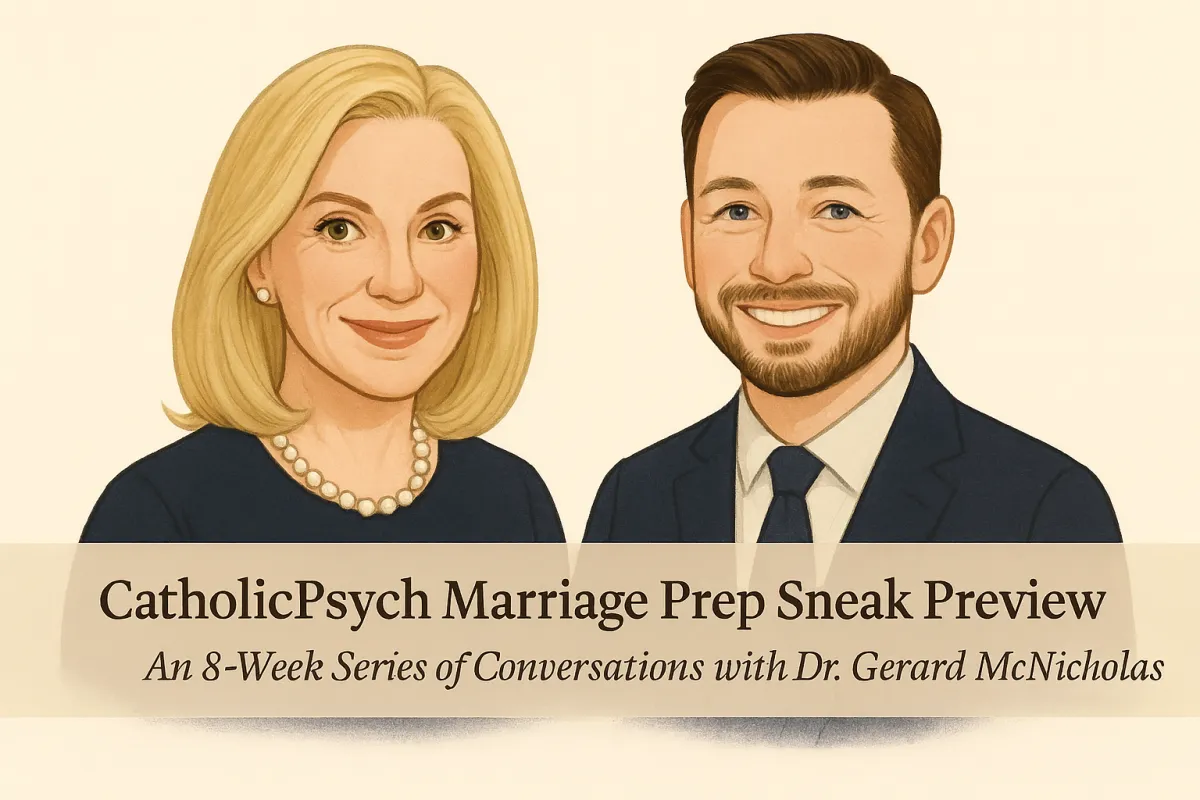
Marriage as an Apprenticeship
Marriage as an Apprenticeship
Couples spend months preparing for their wedding day, but the true formation begins after the vows.
A wedding is not graduation day. It marks the beginning of a lifelong apprenticeship in love.
When spouses say “I do,” they are not declaring mastery. They are committing to learn together, day by day.
Pope Francis calls marriage an apprenticeship, a sacred classroom where spouses grow in patience, sacrifice, tenderness, and forgiveness. Like any apprentice, we learn through practice, humility, and perseverance. The struggles of marriage are not failures; they are lessons in love.
Learning Over a Lifetime
Growth is expected. Couples learn as they go, discovering how to communicate, forgive, and place the other first.
This perspective shifts marriage from pressure to be perfect into a journey of continual learning. Failures become invitations to grow.
The Daily Lessons
Patience when the other is late or distracted
Forgiveness after a harsh word
Sacrifice when one carries more than their share
Tenderness when the other is weary
These quiet lessons form the soul. Over time, a couple becomes not only more skilled in love but more Christlike.
Apprenticeship and Holiness
The goal is holiness. Marriage trains spouses to die to selfishness and rise to self-gift. It molds them into saints not in spite of their struggles, but through them.
Over thirty-five years together, Rob and I have discovered that love grows less through grand gestures and more through the quiet, daily yeses: the yes to listen when it would be easier to defend, to forgive when pride flares up, to begin again after misunderstanding or silence.
In every season, whether raising children, navigating career changes, or caring for aging parents, God has used our imperfections to teach us patience and generosity.
We have come to see that the point is not to perfect each other, but to be perfected through each other.
"The point is not to perfect each other but to be perfected through each other."
That slow, steady work of grace has shaped us more than any single breakthrough or retreat ever could.
As we have learned through our own imperfect but grace-filled years, love matures when it is practiced. This is exactly what Dr. Gerard and I often discuss: the psychology of learning to love.
Conversation with Dr. Gerard – The Psychological Perspective
Kristin: In this session we talk about marriage as an apprenticeship, that spouses are not experts on day one, but learners for a lifetime. Why is it helpful to frame marriage this way instead of expecting perfection?
Dr. Gerard: It makes all the difference. Couples who expect perfection often end up discouraged, because they assume every struggle means something is wrong with their marriage. But if marriage is seen as an apprenticeship, those struggles are reframed as lessons in love. That mindset creates resilience and hope. Relationship Enhancement, originally developed by married couple Drs. Bernard and Mary Guerney, is built on this same spirit. It begins by teaching couples the core disciplines of love: speaking with clarity, listening with empathy, and reflecting back what they hear. These practices may sound simple, but they take humility to learn and discipline to sustain. Psychologically, we call this a growth mindset, but spiritually it echoes discipleship, where learning, practicing, and persevering are the path to maturity.
Kristin: I like that connection, apprenticeship as both learning skills and forming habits of the heart. So how can couples practice this mindset day to day?
Dr. Gerard: By normalizing mistakes and focusing on repair. Apprenticeship means being willing to return to the basics again and again: to apologize, to listen, to try once more. In Relationship Enhancement, even one moment of empathic listening after conflict can shift the whole atmosphere of a marriage, because it communicates, “I want to understand you.” Spiritually, that mirrors confession and reconciliation, where we fall, return, and begin again. Psychologically, it is what builds trust. Every repair strengthens the bond and slowly forms couples in the virtues of love.
A Lifelong School of Love
Marriage is a school where love is learned over a lifetime. It is not about achieving perfection but about growing in virtue through daily practice.
"By reason of their state in life and of their order, [Christian spouses] have their own special gifts in the People of God. This grace proper to the sacrament of Matrimony is intended to perfect the couple’s love and to strengthen their indissoluble unity. By this grace they help one another to attain holiness in their married life and in welcoming and educating their children."
(Catechism of the Catholic Church, 1641)
"Above all, let your love for one another be intense, because love covers a multitude of sins."
(1 Peter 4:8, NABRE)
Theology calls this apprenticeship; psychology calls it a growth mindset. Both affirm that marriage is about learning how to love more fully, day by day.
Reflect and Respond
How have you seen growth in your marriage when you stopped striving for perfection and started embracing apprenticeship?
Share your reflections or tag a couple who models this kind of grace-filled growth in marriage.
May every marriage continue becoming what it was meant to be, a lifelong apprenticeship in love.


